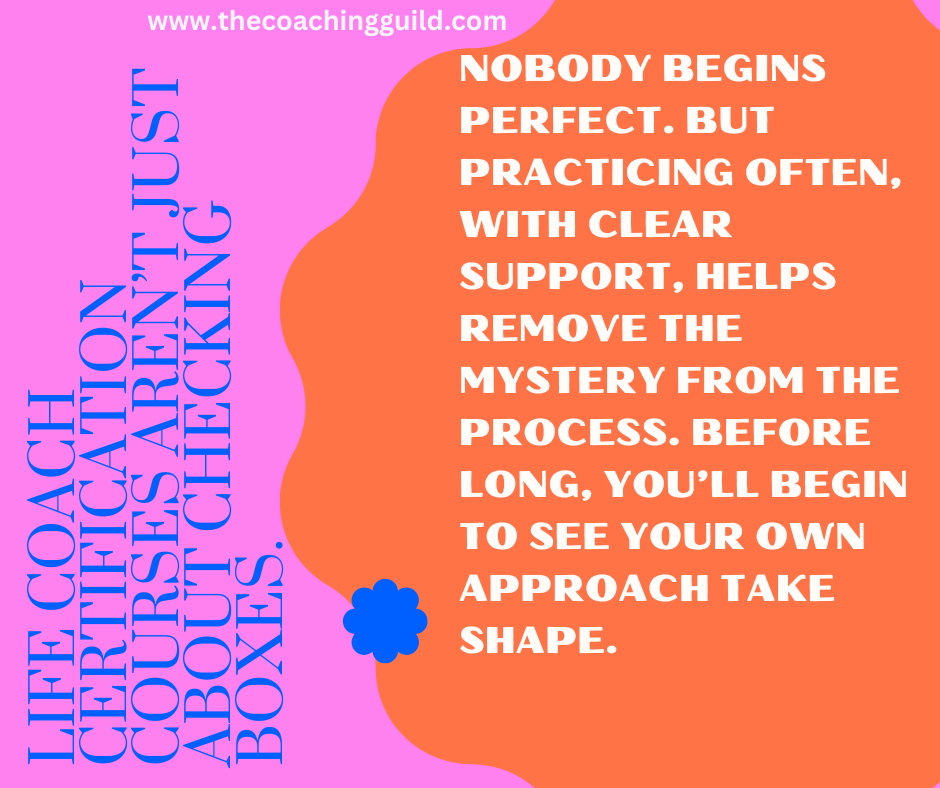A lot of coaches benefit from what clients do not know.
Yes, we need to talk about lack of regulation and oversight.
Let’s talk about regulation in the coach
ing industry BECAUSE it is one of the most confronting topics of conversation in any group of coaches behind closed doors.
To be 100% clear – no state in the US and no country globally provide any oversight for or requires any licensure of coaches.
AND to be honest, most clients don’t know that.
Most clients assume their coach is bound by confidentiality requirements and must have met some basic training standards to work with clients. The lack of training requirements or oversight is an insider secret most coaches do not want to talk about in a public space.
A lot of coaches benefit from what clients do not know.
Full transparency: I run a coach training program. We are relentless about training requirements for graduation.
It is a year-long program with multiple faculty instructors and a panel of brilliant veteran guest instructors. We require hundreds of hours of instruction and out-of-class work. Additionally, students must complete many hours of documented client sessions for certification.
So, based on that, you might guess, I believe we need to set standards to call ourselves qualified coaches. The bar isn’t just low. It literally does not exist. In private conversations between coaches, the thought of regulation or standardized requirements for coaches is taboo. Coaches do not want to even discuss it.
There are at least a dozen reasons coaches say they do not want our industry regulated. The most common of those reasons is coaches thrive on the freedom to practice as they see fit. I get that. I love the freedom I have in my practice to work with clients as I see fit.
That said, I believe, secretly, many coaches want to avoid any conversation about training requirements or oversight because they are silently afraid they would not make the cut. A lot of practicing coaches shouldn’t be practicing because they are not qualified. Yep, I said it.
And let us be clear on why so many coaches juggle imposter syndrome:
It can be damn hard to justify our rates based on nebulous qualifications and optional training.
The cost for therapy ranges dramatically regionally. The average is between 100-200 per session. It takes upwards of eight years of college to become a therapist. Coaches charge a lot more than therapists do.
There is a disconnect – especially when a coach is riding on life experience only and banking on lack of regulation.
In a profession that has a wide birth of space to do harm, with no regulation, we have no choice but to regulate ourselves.
In a professional culture that celebrates big money above all else, we are going to have to look ourselves in the mirror, tune out the hyperbolic cheerleading and million-dollar promises and figure out what we need to do to be worth the money we want to charge.
If you are a creative, a rebel, an artist, a misfit, a disrupter, or an outsider,
who wants to change the world one client at a time, check out The Coaching Guild. We will provide the training you need to charge what you want to and feel good about it when you look in the mirror.


